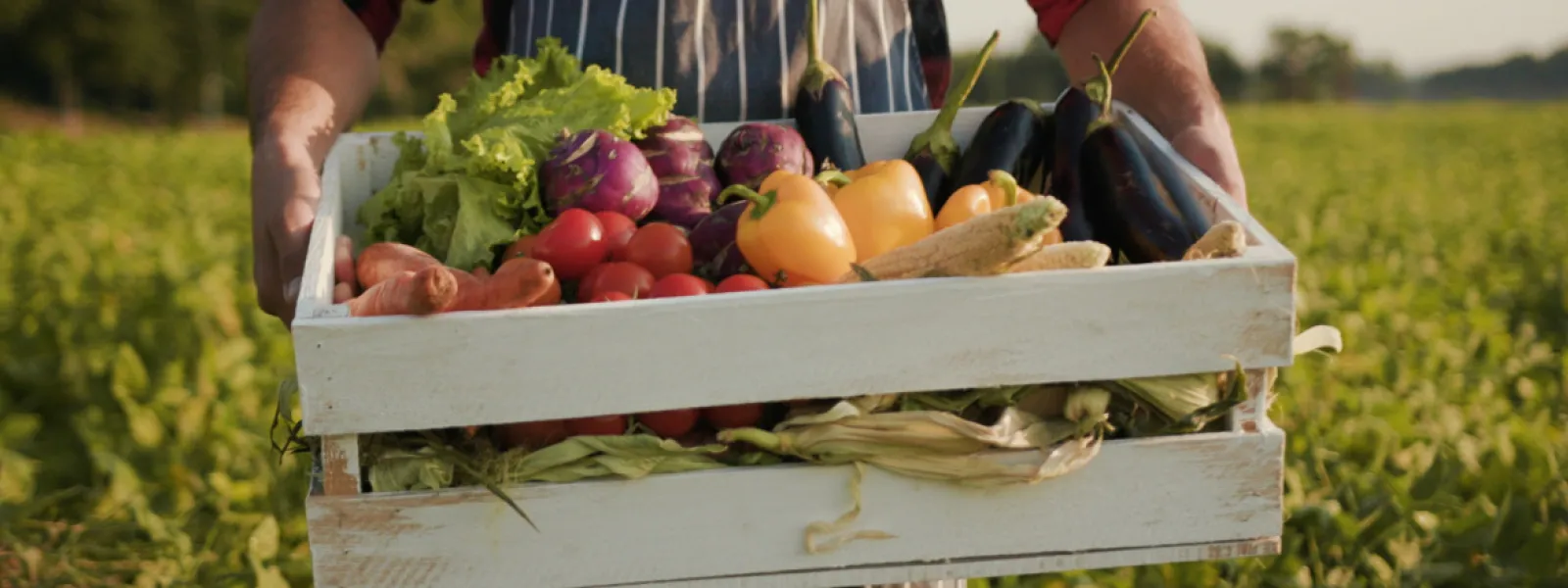From Farm to Fork – the local and regional dimension
NAT-VII/005
From Farm to Fork – the local and regional dimension
• ensure a prominent role for Regions in the governance of the strategic plans, particularly with regard to the second pillar;
• in the context of implementing and framing the future CAP, it is essential that European regions be able to continue to perform their role as managing authorities in order to support the transitions set out in the Farm to Fork strategy as locally as possible and to ensure that the future strategic plans meet local needs;
• calls for the new eco-schemes to provide an equitable, obligatory, effective and increasingly important funding stream to promote sustainable production practices that significantly improve carbon sequestration (carbon farming) by farmers and foresters;
• calls for greater emphasis to be placed on the role of "green food procurement" as a means of supporting healthy and sustainable diets and of strengthening and promoting local and regional agriculture based on specific regional features, thus ensuring market shares for local and regional producers;
• suggests, furthermore, adopting an effective advisory system or a simplified European guide, in order to provide public authorities with clear guidance on how to introduce more sustainability criteria;
• calls for greater emphasis to be placed on short supply chains and for recognition of the diversity of production systems across Europe, including alternative production systems, aimed at promoting local and regional forms of production, processing and marketing, based on nutritional quality and animal and environmental well-being.
The rapporteur spoke at the high-level panel organised by the European Commission on Working together to transform our food systems; along with the MEPs Herbert Dorfmann and Anja Hazekamp, Julia Klöckner, German Federal Minister of Food and Agriculture; Director General of BEUC, Monique Goyens, Director of WWF European Policy Office Ester Asin Martinez, CEO at AS Salvest Triin Kõrgmaa, Pekka Pesonen Secretary General of Copa-Cogeca and Deputy Director General of Danish Veterinary and Food Administration Annelise Fenger.
Panellists discussed differents paths to transition to sustainable food systems while looking into the role of public authorities, primary producers, industry, civil society organisations and citizens themselves in driving the change.
Panellists discussed differents paths to transition to sustainable food systems while looking into the role of public authorities, primary producers, industry, civil society organisations and citizens themselves in driving the change.
THE EUROPEAN COMMITTEE OF THE REGIONS
warmly welcomes the "Farm to Fork" strategy, which, together with the "EU Biodiversity Strategy for 2030", is at the heart of the European Green Deal and is essential to making Europe a climate neutral continent by 2050; emphasises that the two strategies must dovetail perfectly in order to limit the impact of food systems on the climate, sustainable environment and biodiversity, which requires sufficient budgetary support from the EU;
recommends that the future CAP, CFP, operational programmes and national CAP strategic plans be consistently adapted to the objectives set out in the European Green Deal, notably within the two strategies; in parallel with changes in agriculture, the shift to sustainable fish and seafood production also needs to be accelerated;
– in the context of implementing and framing the future CAP, it is essential that European regions be able to continue to perform their role as managing authorities in order to support the transitions as locally as possible and to ensure that the future strategic plans meet local needs;
– calls for greater emphasis to be placed on short supply chains and for recognition of the diversity of production systems across Europe, including alternative production systems, aimed at promoting local and regional forms of production, processing and marketing, based on nutritional quality and animal and environmental well-being;
– reiterates the importance of consumer food choices and eating habits as a key driver of food system change, supported by communication and awareness-raising campaigns;
– calls for more appropriate expiry information on food labels; urges the Commission to present ambitious legislation and binding targets on food waste prevention and reduction.
warmly welcomes the "Farm to Fork" strategy, which, together with the "EU Biodiversity Strategy for 2030", is at the heart of the European Green Deal and is essential to making Europe a climate neutral continent by 2050; emphasises that the two strategies must dovetail perfectly in order to limit the impact of food systems on the climate, sustainable environment and biodiversity, which requires sufficient budgetary support from the EU;
recommends that the future CAP, CFP, operational programmes and national CAP strategic plans be consistently adapted to the objectives set out in the European Green Deal, notably within the two strategies; in parallel with changes in agriculture, the shift to sustainable fish and seafood production also needs to be accelerated;
– in the context of implementing and framing the future CAP, it is essential that European regions be able to continue to perform their role as managing authorities in order to support the transitions as locally as possible and to ensure that the future strategic plans meet local needs;
– calls for greater emphasis to be placed on short supply chains and for recognition of the diversity of production systems across Europe, including alternative production systems, aimed at promoting local and regional forms of production, processing and marketing, based on nutritional quality and animal and environmental well-being;
– reiterates the importance of consumer food choices and eating habits as a key driver of food system change, supported by communication and awareness-raising campaigns;
– calls for more appropriate expiry information on food labels; urges the Commission to present ambitious legislation and binding targets on food waste prevention and reduction.
